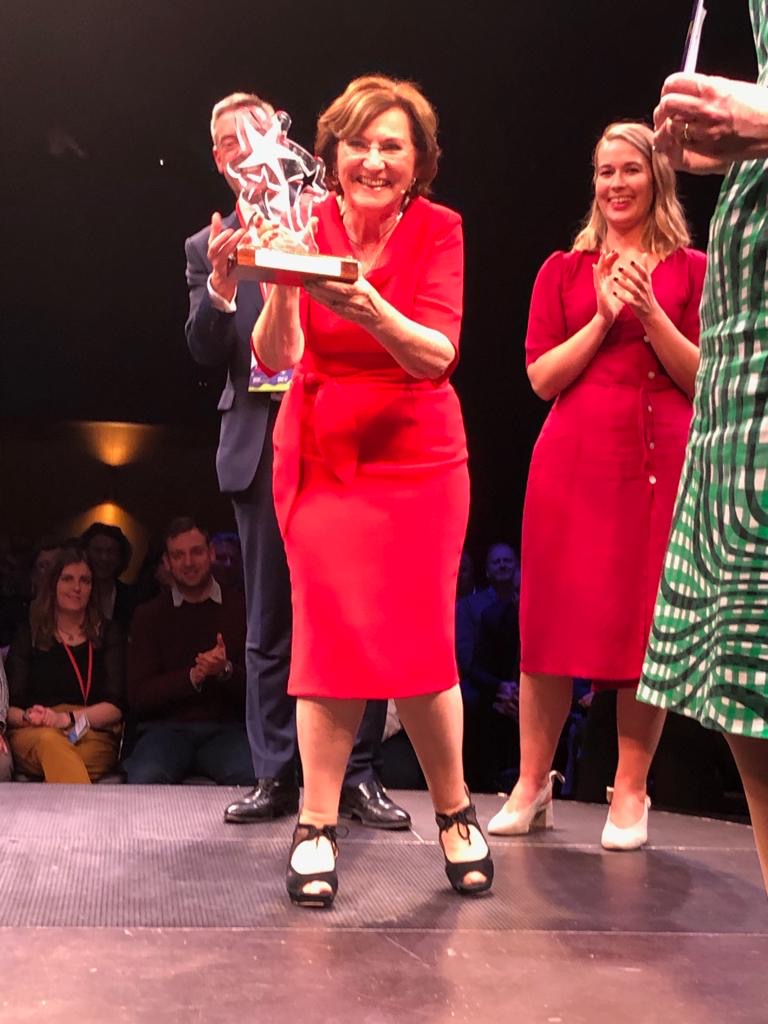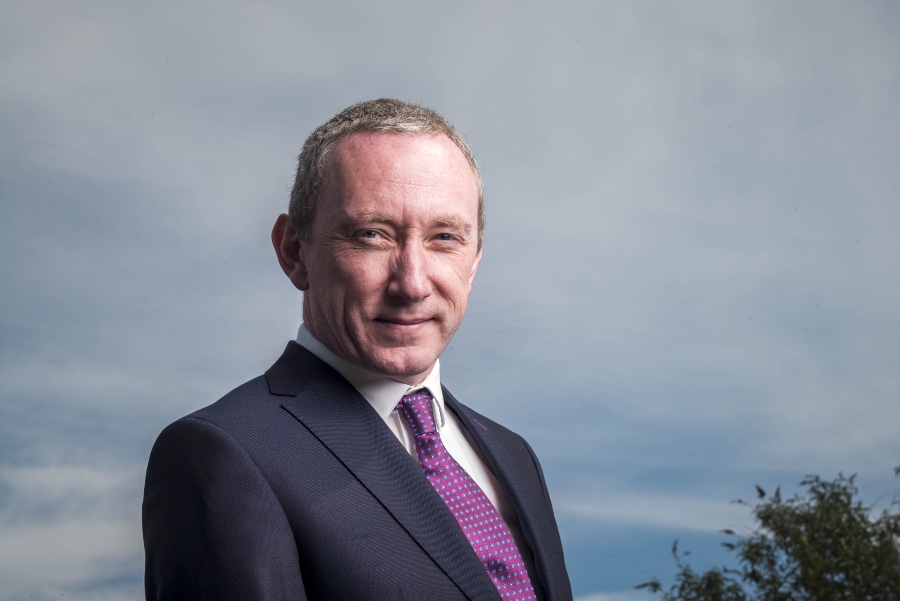Helping Hands can pinpoint students who are already excluded from peer groups, as well as identify situations where there is a potential for bullying to occur or to escalate. Its founder Maria Garvey talks to Olivia McGill about its life changing approach.
Can you tell us about Helping Hands and what makes it unique?
Helping Hands is a programme for teachers and student support teams. It includes an easy-to-use diagnostic tool that accesses peer group relationship dynamics normally hidden from teachers. The software generates a heat map to inform teachers of the potential for bullying to occur or escalate. Teachers can use this knowledge to intervene early to prevent bullying, to develop inclusive classroom teams, and to create conditions that make it safe for bullied students to get help.
Helping Hands supports and integrates with other anti-bullying programmes but it takes a very different approach. Most anti-bullying programmes target all students, saying that bullying is not acceptable but they do not impact the students who will bully, the potential perpetrators. They have a different point of view and it’s difficult for most of us to understand the perspective of a potential bully.
“Most anti-bullying programmes do not impact the students who will bully, the potential perpetrators”
It’s very difficult for teachers to even face the fact that a child is bullying and so we tend to minimise the behaviour. Helping Hands targets the vulnerable students. Our approach is to empower them, to believe them. The difference in the approach is that we’re actually finding students who either are being bullied or have the potential to be bullied in real time, as it is happening and taking an approach that helps solve the bullying.
What is your background?
I spent all my life in education. I started off as a teacher and then a teacher educator. I became the anti-bullying coordinator in my own school and through my research I discovered an approach that worked in a very different way. When I began working with other teachers, they had similar results with this approach. Then I knew it was time to put some real research behind it. I did my PhD on bullying where I surveyed 1,800 students, carried out in-depth case studies and discovered what really is a very new and completely different approach to early identification of hidden bullying in schools.
What challenges did you encounter and how did you overcome them?
I’m at a very early stage in the business. The schools that have initially come to me are those experiencing a problem. The biggest challenges I face are from schools where there doesn’t seem to be a big problem with bullying. Schools cannot know about hidden bullying until it escalates or explodes and then they might come to me. Schools don’t know what I can offer in prevention and early identification.
“It’s very difficult for teachers to even face the fact that a child is bullying and so we tend to minimise the behaviour”
We know for certain that bullying transfers seamlessly from primary to secondary school. Secondary school teachers carry out induction programmes, settling in new students, making them feel comfortable and meanwhile in the hidden student world, the message gets out in silent whispers – he was bullied, she was bullied. Those kids immediately become isolated and targeted by the kids who want to express their power in the new situation and the teacher and schools have no idea.
If they use the diagnostic tool that is part of Helping Hands, they could instantly identify those vulnerable kids and put interventions in place straight away. They would know how to stop it and how to prevent the bullying before it escalated. So many of these kids live lives of hidden, silent, painful existences and don’t report to their parents or anyone in authority. In Ireland, only 23 per cent of the parents of nine-year-olds knew that they were being bullied. International research found only 15 per cent of the parents of teenagers know. Teenagers won’t report bullying to their parents.
“The difference in the approach is that we’re finding students who either are being bullied or have the potential to be bullied in real time, as it is happening”
What are some of the biggest mistakes and lessons you’ve learned in setting up Helping Hands?
I developed my skills in identification of hidden bullying. I didn’t know I was going to set up a business. I spend most of my time on the business but would like to write more about bullying, investigate and research more. I need to spend time on marketing the business, on operations, finance and administration and they’re not necessarily my skills. I’ve made every mistake in the book. For example, when Covid-19 hit I decided to put all my training online. My real skills are face-to-face. Immediately I had to do voiceovers, video, I needed graphic designers and marketers. The business development was a lot to take on very quickly.
What support did you receive as a social entrepreneur?
I got huge support from Social Entrepreneurs Ireland, in terms of building my confidence. Every time I doubted what I was doing, they were there to support, encourage and recognise what I had created and developed. That was huge for me.
“The biggest challenges I face are from schools where there doesn’t seem to be a big problem with bullying”
What is it like setting up a social enterprise here and what could be improved?
I was extremely fortunate to be recognised by Social Entrepreneurs Ireland and to receive a social entrepreneurs award. That really pushed me forward to the stage I am at now. Covid-19 set me back but that is temporary. Nobody can do it alone. You need recognition and a support group. Social Entrepreneurs Ireland does a wonderful job. Passion is so important and maybe that’s what kept me going through all the years of studying for a PhD. I had to go on a long journey alone, you won’t make it without strong passion. I was totally convinced of the power of this approach to help vulnerable students and that kept me going.
What are you most proud of?
I came across the power of sociometry to identify vulnerable students. We can’t say they’re being bullied but research says there is a 95 per cent chance that they are, so it’s a very powerful instrument. I’m very proud to have developed that. Even though we’re only beginning in Ireland, I know it has worldwide potential.
Interview by Olivia McGill
Published: 28 July, 2020







